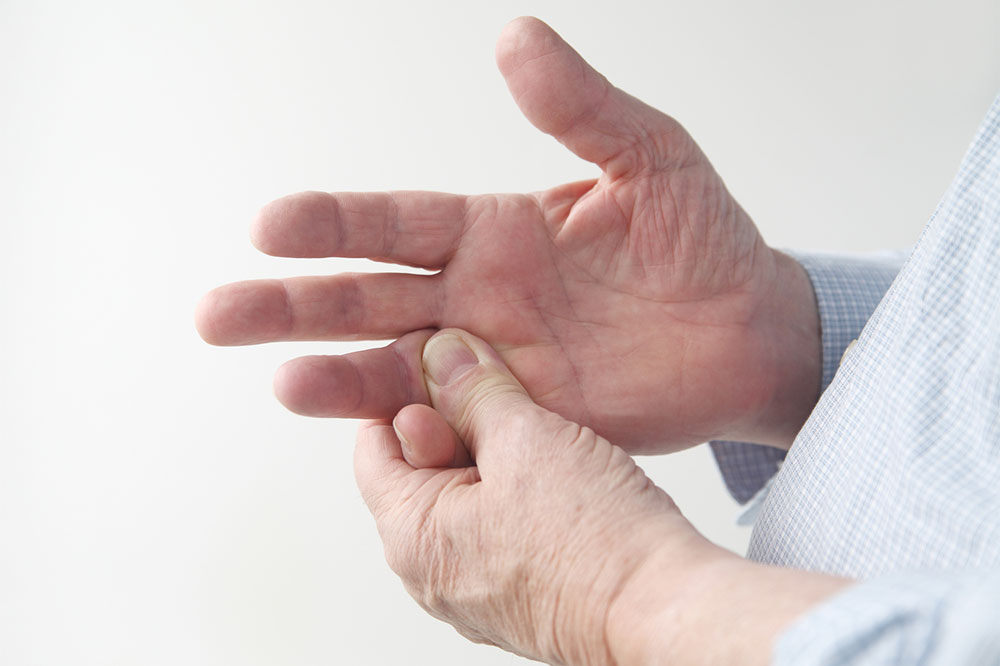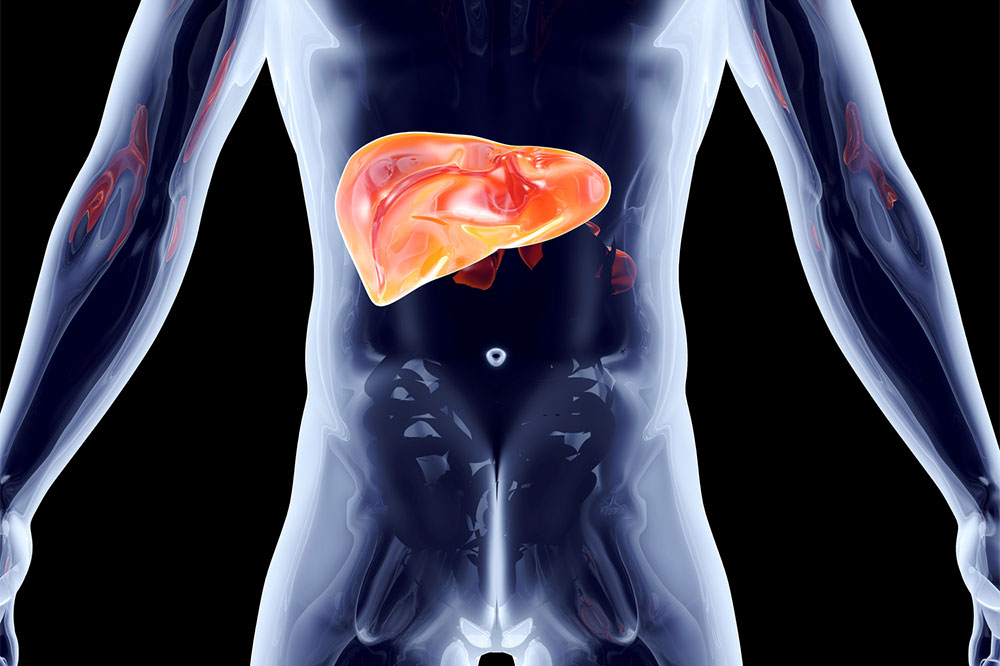8 most common signs of poor kidney function

The kidneys play a vital role in maintaining the body’s equilibrium by filtering waste, regulating fluid balance and electrolyte levels, and producing hormones essential for various bodily functions. Any impairment in kidney function due to various reasons can lead to a range of symptoms. Some early indicators may suggest compromised kidney function. Understanding these signs can enable individuals to take proactive steps, seek medical assistance promptly, and minimize the risk of further complications.
Signs of poor kidney function
Changes in urine color, smell, and consistency
If one notices any changes in the color, frequency, or smell of one’s urine, it is usually considered an early sign of kidney disorder. One may experience an increased need to urinate, especially at night, which can disrupt normal sleep patterns. Conversely, one may see a significant decrease in one’s urges to urinate, which leads to a buildup of waste products and fluid retention in the body. Similarly, if one’s urine smells foul or has changed color to dark, foamy, or bloody, it may be a cause for concern.
Changes in appetite and taste
Poor kidney function can impact the digestive system, and individuals may experience a persistent metallic taste in the mouth or a significant loss of appetite.
Exhaustion
One may feel general weakness or fatigue without any lifestyle changes due to toxins getting accumulated in the body.
Protein in urine
Kidneys retain the protein in the body and flush out other toxins, but any malfunctioning of the organs can cause protein loss through one’s urine. This symptom, however, can only be diagnosed with lab tests.
Swelling
If one notices swelling in one’s legs, ankles, or hands, it may indicate fluid retention and kidney damage.
Breathlessness
Poor kidney function can cause fluid buildup or a decrease in red blood cells, leading to shortness of breath. Moreover, one may experience chest pain if fluid accumulates around the heart lining.
Itching and dry skin
When kidneys are unable to eliminate toxins, they seep into one’s blood, circulate in the body, and make one’s skin itch. So dry, itchy skin or rashes can be a sign to watch out for.
Muscle cramps and bone health problems
Kidneys balance the body’s electrolytes, calcium, and other minerals. Impaired kidney function can weaken bones and make one more prone to muscular cramps and fractures.
Apart from these, here are a few other signs that should prompt one to seek medical help and get one’s kidneys checked:
Nausea and vomiting
Frequent urinary tract infections (UTIs)
Sleep apnea
Difficulty controlling high blood pressure
Increased susceptibility to infections
Causes that lead to poor kidney function
Chronic conditions like diabetes and high blood pressure can gradually affect one’s kidneys. Similarly, kidney stones, urinary tract obstructions, autoimmune disorders like lupus, genetic abnormalities that lead to cysts forming in one’s kidneys, or prolonged exposure to toxic substances are some other causes that lead to poor kidney function. Understanding and addressing these underlying causes is important to promote overall kidney health. Apart from this, a sedentary lifestyle, kidney stones, or lead poisoning can also contribute to a person developing kidney issues.






